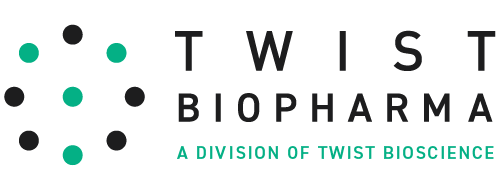Meet Dr. GPCR Summit Partners

GPCRomics: Identifying novel GPCR targets in health and disease
Tuesday, 09/14/2021 @ 11:00 AM - EST
- Dr. Paul Insel -
- University of California San Diego (UCSD) -
- University of California San Diego (UCSD) -
- San Diego, California, USA -
Abstract
GPCRs are the targets of the largest number (>30%) of approved drugs but only ~20% of the ~800 human GPCRs are currently targeted therapeutically. To test the hypothesis that many other GPCRs may be such targets, we have used "GPCRomics" approaches (Trends Pharmacol Sci 40: 378-87 [2019]) to 1) identify and quantify endogenously expressed GPCRs in a variety of cell types and 2) determine if cells and tissues from diseased individuals differentially express GPCRs that might be therapeutic targets. Our recent focus has been on cancers, especially solid tumors. We have used bioinformatic and experimental approaches to assess tumors (compared to normal tissues) and tumor cells, including cancer cells and cells in the tumor microenvironment (TME). Our studies have revealed that numerous solid tumors, cancer, and TME cells have increased expression of GPCRs, including GPCRs for which there are approved drugs. Our studies in pancreatic ductal adenocarcinoma (PDAC), the most common and deadly type of pancreatic cancer (5-year survival <9%), have identified many such GPCRs in PDAC cells and PDAC cancer-associated fibroblasts (PCAFs). One such PCAF receptor, GPR68, a proton-sensing receptor, utilizes the acidic pH of the TME to regulate the growth of PDAC cells and tumors. The results thus demonstrate that GPCRomics can both define the cellular repertoire of endogenous GPCRs and can identify potentially novel GPCR therapeutic targets, including for cancers, such as PDAC, in need of new such targets.
Author list and affiliations
Paul A. Insel, Krishna Sriram, Shu Z Wiley, Cristina Salmeron, Matthew W. Gorr, (all at UCSD; Matthew W. Gorr is now affiliated with the Ohio State University)
About Dr. Paul Insel
Paul A. Insel received an M.D. from the University of Michigan and post-M.D. training at Boston City Hospital/Harvard Medical Service, the U.S. National Institutes of Health (NIH), and the University of California. San Francisco (UCSF). He served on the faculty at UCSF and subsequently joined UC San Diego (UCSD), where he is currently Distinguished Professor of Pharmacology and Medicine and Co-Director of the MD/Ph.D. Training Program. Dr. Insel’s research efforts have focused on G-protein-coupled receptors (GPCRs), including studies of G-proteins and their effectors, signaling compartmentation in caveolae, GPCR expression, and identification of novel GPCR therapeutic targets in a variety of disease settings. Dr, Insel is the author of over 490 scientific articles. Dr. Insel has been Editor-in-Chief of numerous scientific journals (including Journal of Clinical Investigation, American Journal of Physiology-Cell Physiology, and Molecular Pharmacology). He is currently Editor-in-Chief of Annual Review of Pharmacology and Toxicology; North American Senior Editor, British Journal of Pharmacology and co-Head of Faculty, Faculty of 1000Prime in Pharmacology and Drug Discovery and is Associate Editor of Pharmacological Reviews and Physiological Reviews. Dr. Insel holds a Doc. Hon Causa from the University of Paris is an elected member of the American Society for Clinical Investigation and the Association of American Physicians, a Fellow, American Association for the Advancement of Science, and has received major awards from the American Physiological Society, Dutch Pharmacology Society, and American Society for Pharmacology and Experimental Therapeutics.




























